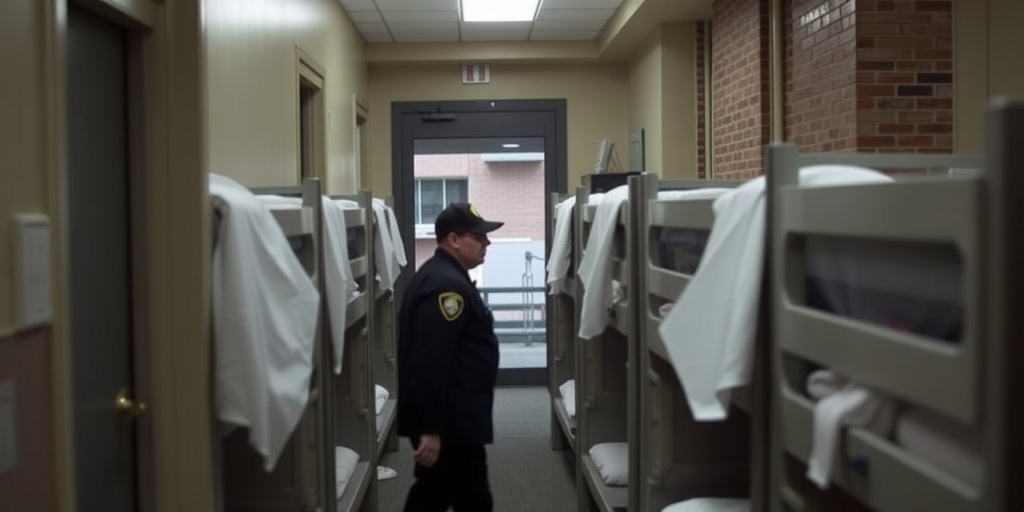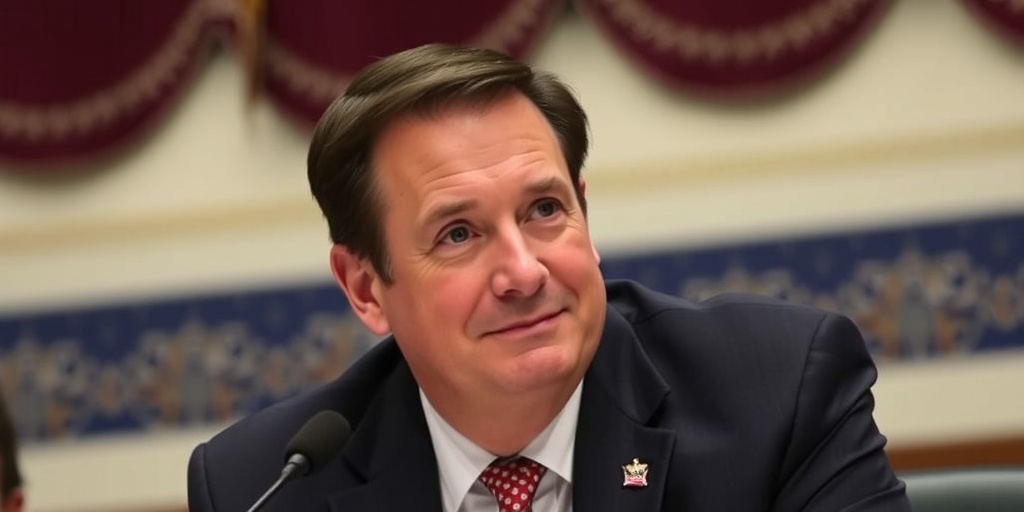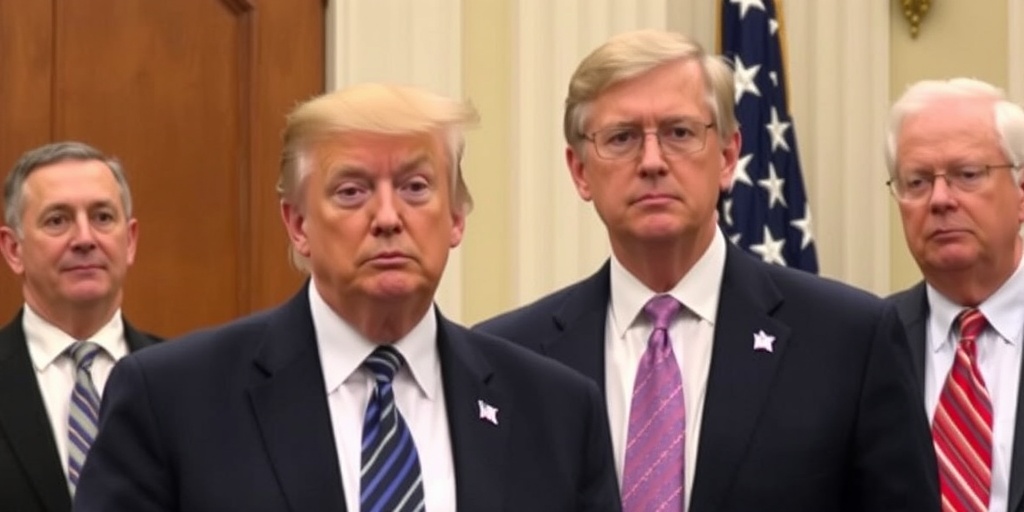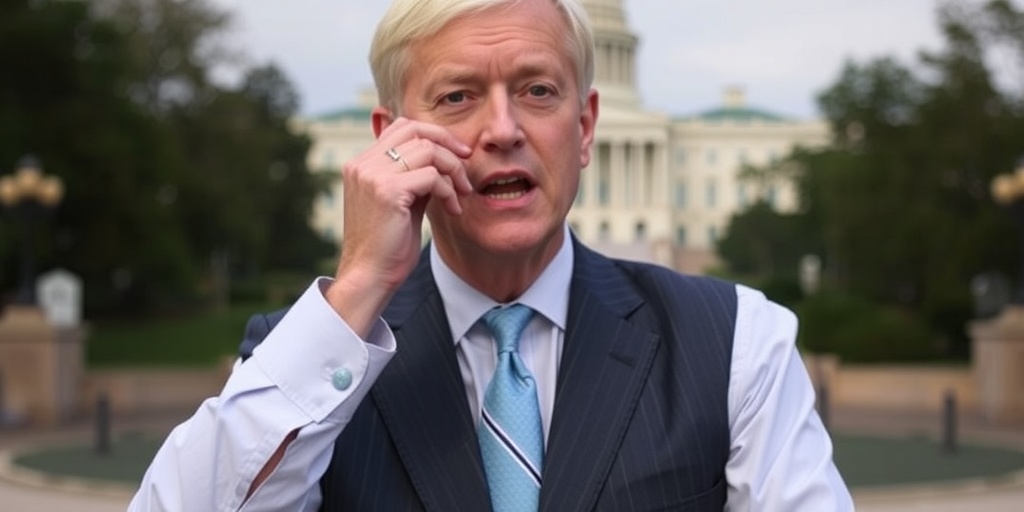Now Reading: Federal Agents Raid Columbia University Dorms
-
01
Federal Agents Raid Columbia University Dorms
Federal Agents Raid Columbia University Dorms

Department of Homeland Security Searches Columbia University Dorms Amid Controversy Over Pro-Palestinian Activism
In a shocking development, officials from the Department of Homeland Security (DHS) conducted searches of two dorm rooms at Columbia University, just days after immigration authorities arrested Mahmoud Khalil, a pro-Palestinian activist and recent graduate of the institution, with the intent to deport him. This event has raised significant concerns among students and faculty about the implications of federal actions on campus activism and the rights of students.
Columbia University’s interim president, Katrina Armstrong, informed the university community about the incident in a letter sent late Thursday. Armstrong revealed that the officials had presented federal search warrants for private areas of the university. Importantly, she noted that no individuals were detained during the search and that no items were confiscated, although details about the specific target of the warrants were not disclosed. “I am writing heartbroken to inform you that we had federal agents from the Department of Homeland Security (D.H.S.) in two university residences tonight,” stated Dr. Armstrong, emphasizing the institution’s commitment to ensuring the safety of its students, faculty, and staff members amidst these distressing events.
The searches followed a troubling context wherein the Trump administration had indicated that Columbia would need to implement substantial changes to its student discipline and admissions processes before federal negotiations could resume concerning reinstatement of $400 million in government grants and contracts. These funding cuts were enacted due to claims that Columbia failed to adequately protect Jewish students from harassment amid escalating pro-Palestinian protests on campus spurred by the ongoing conflict in Gaza.
For many students and faculty at Columbia, these protests represented a vital forum for expressing solidarity with the Palestinian cause and voicing opposition to the violence stemming from the conflict. However, the administration’s response, categorizing some demonstrations as antisemitic, has complicated the conversation around free speech and the role of universities as spaces for open dialogue and activism. Some of the protests included chants and slogans that purportedly expressed support for the Hamas-led terrorist attack against Israel on October 7, 2023, fostering an environment of tension and controversy.
At the heart of the federal scrutiny is Mahmoud Khalil, who has emerged as a prominent figure in the pro-Palestinian student movement at Columbia. Khalil, a permanent resident of the United States and recent graduate, has been labeled by the Trump administration as a national security threat. Authorities have also alleged his involvement in antisemitic activities; however, there have been no claims connecting him directly to Hamas. Currently, he is being held in a detention center in Louisiana, a situation that has ignited further outrage among student activists and supporters of Khalil nationwide.
The DHS has yet to provide a response regarding the searches or the current status of Khalil’s detention. Advocates for Khalil argue that his arrest and the search of university dorms represent a chilling escalation in the federal government’s approach to campus activism, particularly for students engaged in movements that support Palestinian rights.
As news of the searches spread, it prompted a wave of student protests and campus discussions about the implications for academic freedom, civil rights, and the safety of students who engage in political activism. Many students have expressed fears that federal actions could instigate a broader crackdown on dissenting voices within academic institutions, particularly those advocating for socially and politically significant issues.
Columbia’s administration has been criticized for its stance and response to the national security claims against Khalil and subsequent actions by the DHS. Critics argue that the university must fortify its commitment to protecting the rights of all students, regardless of their political beliefs or activities. They contend that academic institutions should serve as bastions of free speech and social justice rather than environments where students fear federal repercussions for their activism.
As the situation continues to evolve, Columbia University faces the challenge of navigating federal scrutiny while simultaneously upholding its commitments to its diverse student body. The broader implications of these events will resonate beyond Columbia, as various universities across the nation witness similar tensions between activism, government oversight, and institutional responsibility.
This story will undoubtedly unfold as reactions from students, faculty, and administrators evolve in light of ongoing developments. The actions of the DHS and the administration’s handling of the situation may set a precedent for how political activism is perceived and managed within academic institutions moving forward.
Stay Informed With the Latest & Most Important News
Previous Post
Next Post
-
 01New technology breakthrough has everyone talking right now
01New technology breakthrough has everyone talking right now -
 02Unbelievable life hack everyone needs to try today
02Unbelievable life hack everyone needs to try today -
 03Fascinating discovery found buried deep beneath the ocean
03Fascinating discovery found buried deep beneath the ocean -
 04Man invents genius device that solves everyday problems
04Man invents genius device that solves everyday problems -
 05Shocking discovery that changes what we know forever
05Shocking discovery that changes what we know forever -
 06Internet goes wild over celebrity’s unexpected fashion choice
06Internet goes wild over celebrity’s unexpected fashion choice -
 07Rare animal sighting stuns scientists and wildlife lovers
07Rare animal sighting stuns scientists and wildlife lovers





















